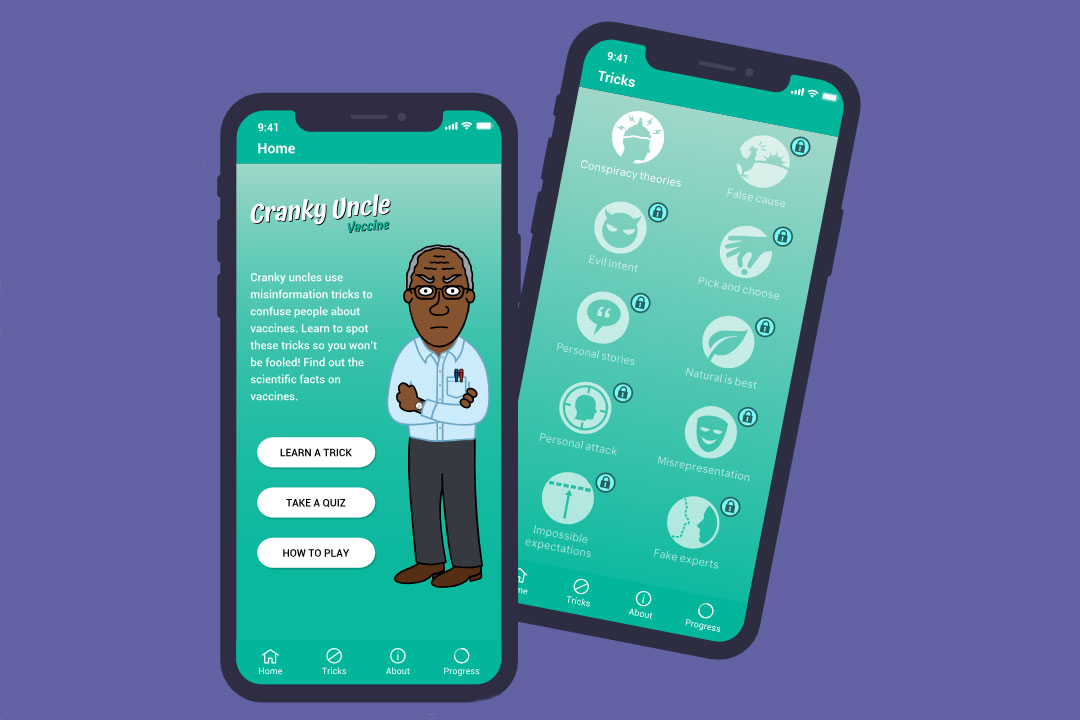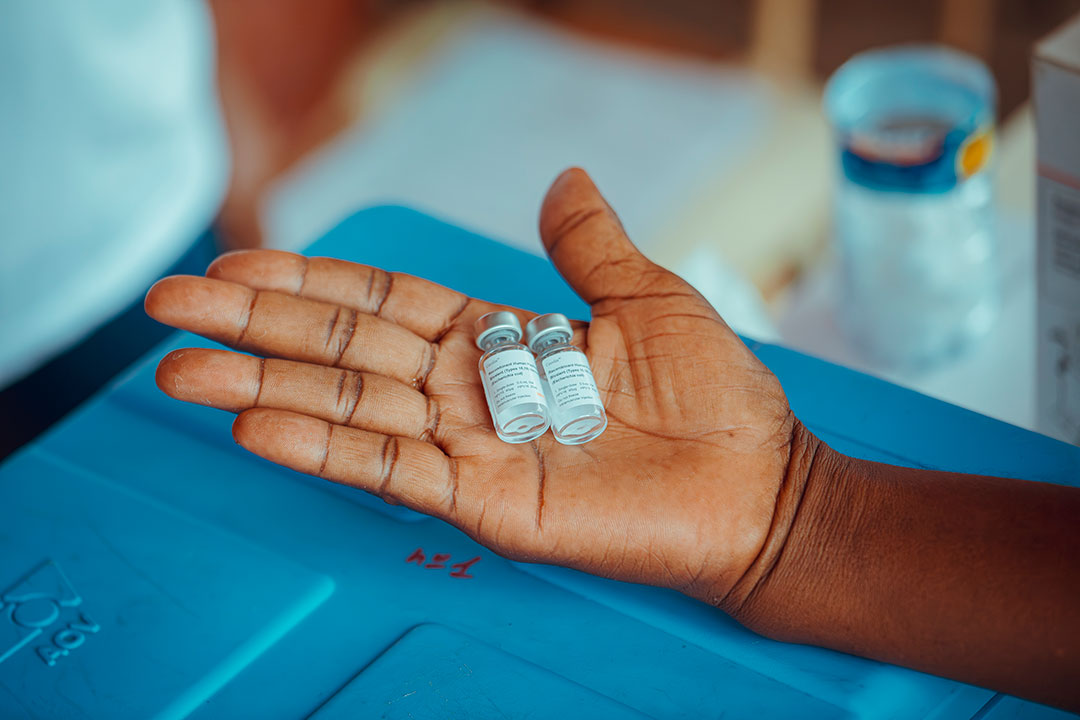The need for culturally sensitive COVID-19 vaccine campaigns in sub-Saharan Africa
Better strategies are needed to overcome vaccine hesitancy, but these need to be tailormade for regions.
- 14 June 2022
- 2 min read
- by Priya Joi

Only 15% of people in Africa have been vaccinated against COVID-19 so far. According to the World Health Organization (WHO), of the 714 million doses delivered to countries on the continent so far, 435 million or 61% have been administered. Moreover, 15 countries have not yet fully vaccinated 10% of their population, and another 21 have fully vaccinated 10% to 19% of their population.
Vaccine delivery should make use of innovations, say the researchers, such as drone deliveries to areas with little access to clinics or health centres.
Global vaccination efforts to increase vaccine delivery are changing this picture. However, researchers writing on behalf of the Stellenbosch Institute for Advanced Study African Scholars Network in The Lancet Global Health are calling for culturally relevant vaccine campaigns to overcome vaccine hesitancy, especially in sub-Saharan Africa. They advocate approaches that have been outlined by WHO and the Lancet Commission on the future of health in sub-Saharan Africa over the past few years.
Have you read?
Community empowerment is critical in engaging all parts of society, as are awareness campaigns that are developed with the involvement of those they are aimed at. The researchers say that health workers are important to target, because a November 2021 WHO survey across 25 African countries showed that only 27% of health workers were fully vaccinated – and intended uptake in this group was also very low.
Vaccine hesitancy can sometimes relate to mistrust in authorities – whether or not this is justified – and governments should develop creative strategies to counter misinformation spread on social media. Health promotion messages, especially when delivered by “non-traditional messengers”, as the researchers put it, can have a major impact. Thus, using music or films could be impactful with young people, and traditional community leaders may have more traction with those who are religious or live in traditional societies.
Vaccine delivery should make use of innovations, say the researchers, such as drone deliveries to areas with little access to clinics or health centres. As addition to these approaches to improve uptake, boosting manufacturing capacity to make vaccines on the continent rather than relying on imports will be important too.








